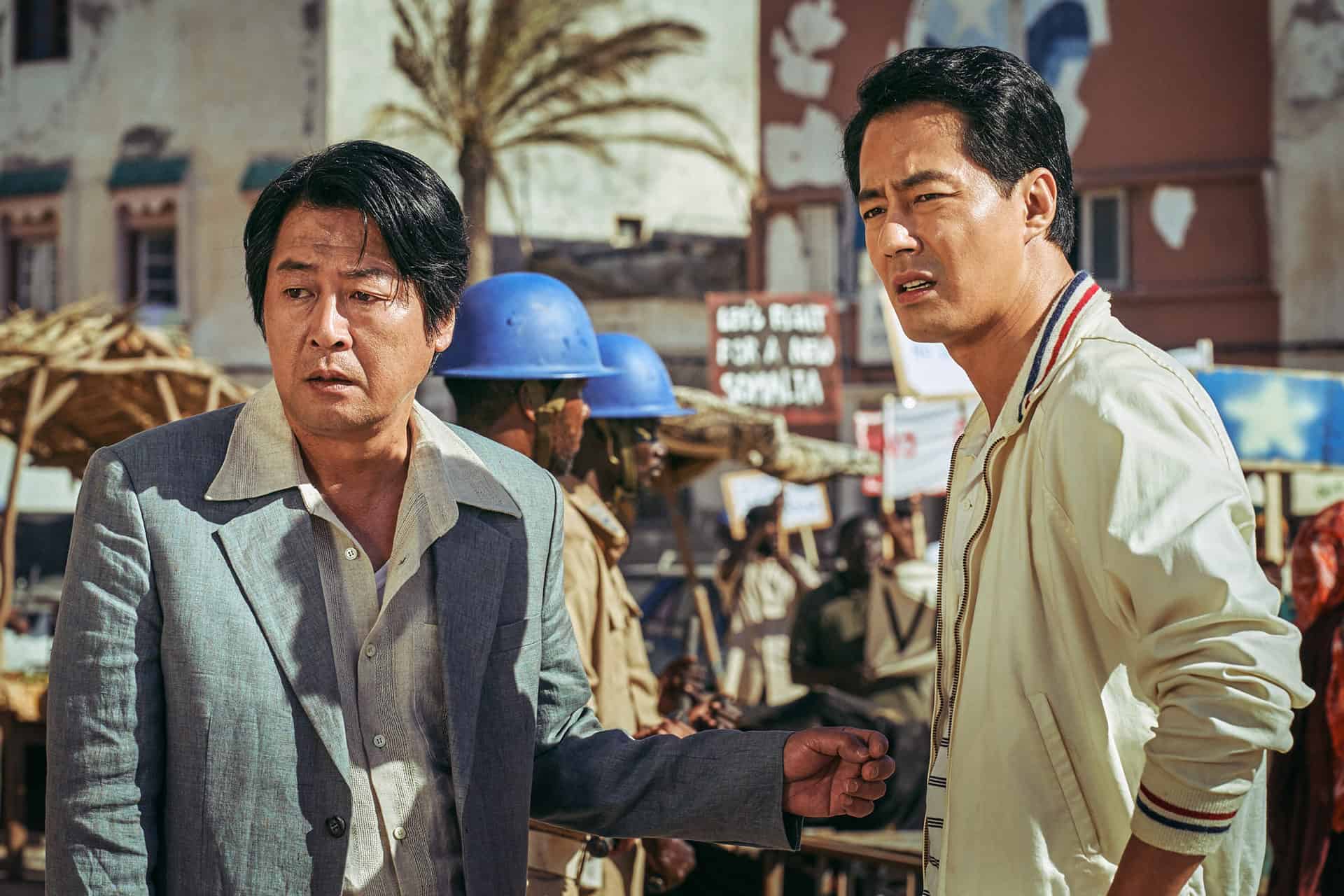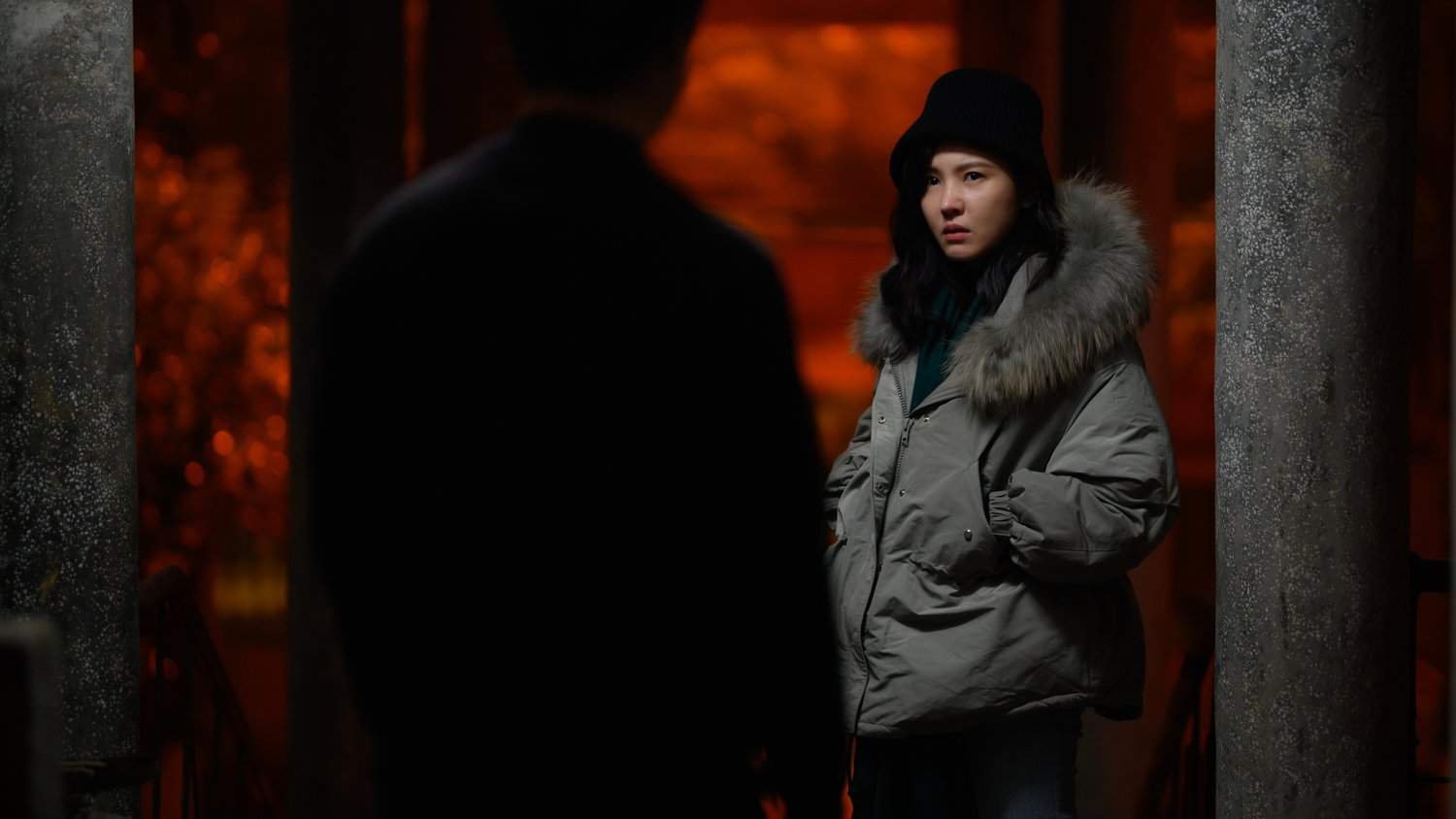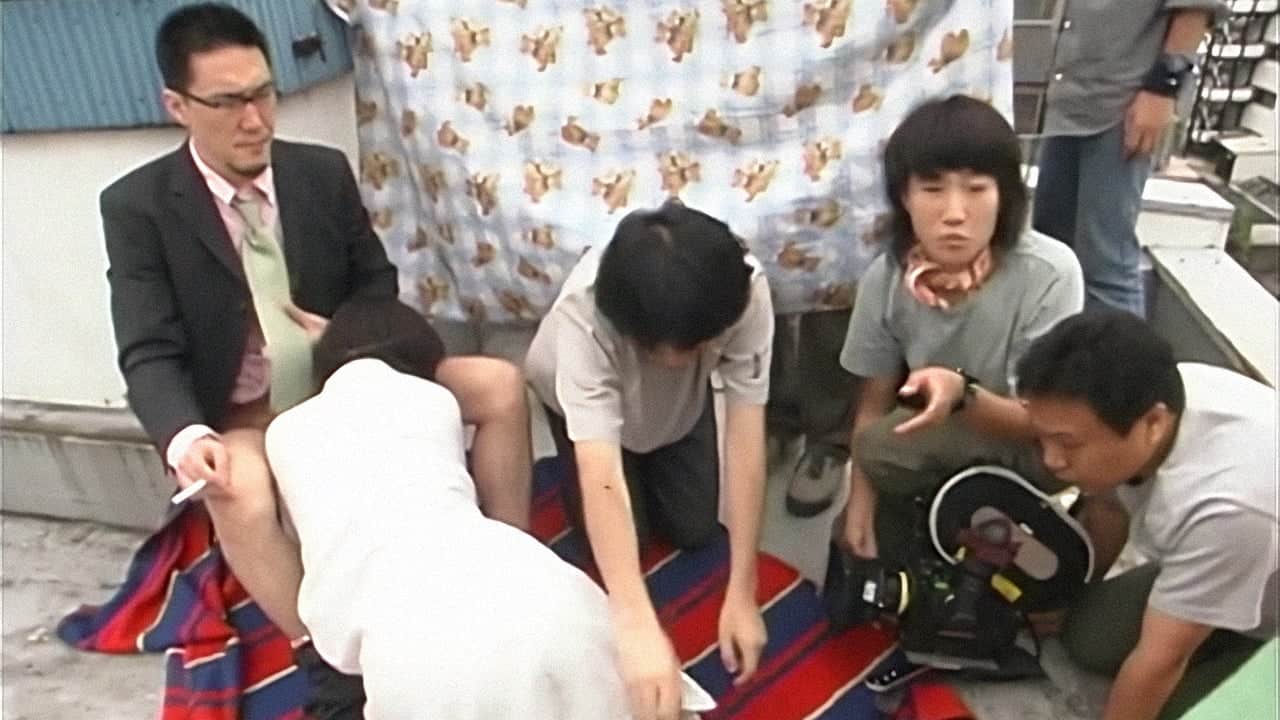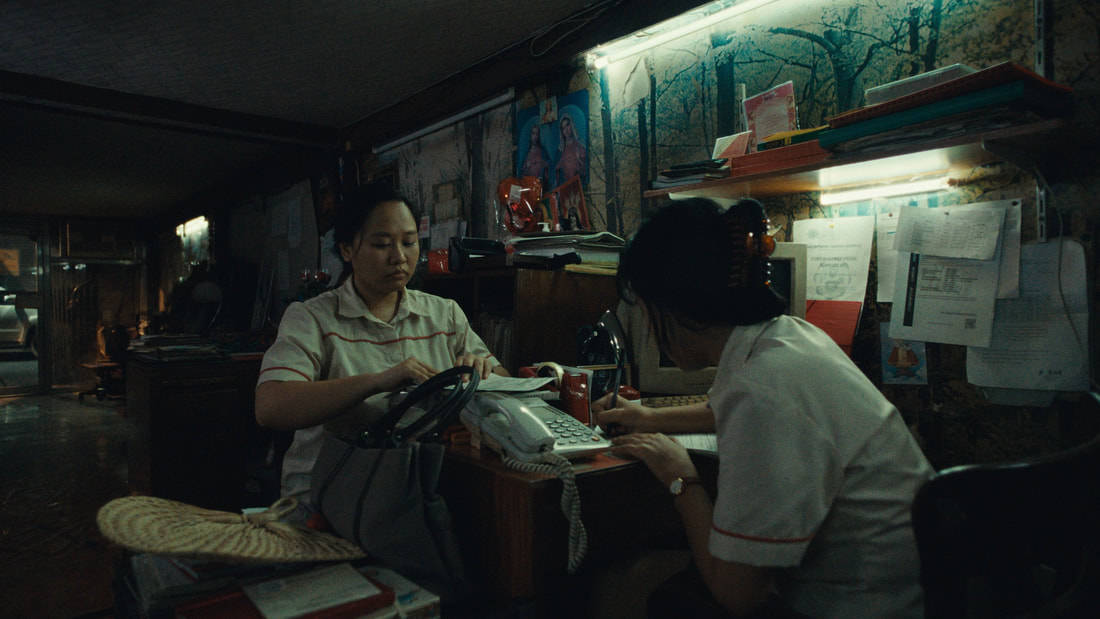“Papa no Obento wa Sekai-Ichi” is based on a Twitter feed that went viral about a year ago (in 2016), and Fukatsu said in an email interview that he came upon it accidentally while scrolling. Tokikazu Ohtsu, a single salaryman father, had been making bento for his teenage daughter Midori, and she had posted a photo of his last bento on the day of her high school graduation. The feed included photos of this final bento, and Midori's own sweet letter of thanks to her dad for looking after her so well (source: Japan Times) The tweet was retweeted more than 80,000 times and garnered over 260,000 ‘likes'.
Dad's Lunch Box is part of the 2018 Japan Foundation Touring Film Programme

Fukatsu bases his script on this event, telling the story of a salaryman father, who, after a divorce, finds himself having to make bento for his daughter Midori, every day she attends school. Initially, he thinks it is an easy work, but soon realizes that for schoolgirls, in particular, bento, and especially its appearance, is an indication of social status that can ruin one's reputation. After a series of blunders and a number of notes by Midori indicating his errors, the father finally puts his whole self into it, starting from the daily purchase of ingredients to the arrangement of the content, even to the appearance of the box itself. Through his efforts, he finally comes closer to his daughter, although the advice from a female coworker helps almost equally in the department.
Masakazu Fukatsu directs a film that focuses on two axes: Food culture and its implications and the relationship between father and daughter, with the two of them intermingling, almost for the whole duration of the film. The importance of these school meals is stressed quite a lot, through an episodic approach that includes almost any blunder one could make when making a bento: the smell of sashimi for example, the lack of a side dish, even the look of the box and the arrangement of the various foods are important. The fact that Midori's friends are supportive is a nice addition, although the reaction of the girl to her father's errors is enough.
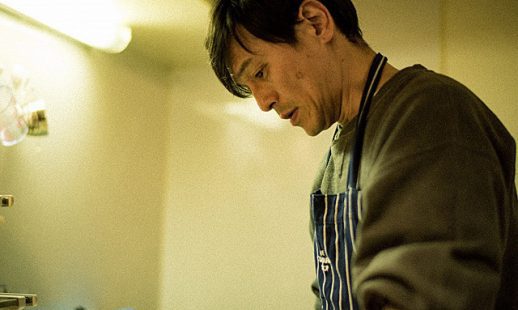
Through the concept of bento making, in metaphoric fashion, Fukatsu also highlights the difficulties fathers have to understand their daughters, although he also stresses the fact that patience and effort (from both sides) can lead to great results.
Obviously, the film does not have much of a plot (with the exception of a brief teen romance), since the narrative revolves around the Father trying to make the proper bento and Midori pointing out his errors. However, Fukatsu manages to retain the interest through the presentation of the bento-making procedure and the impact food has in the live of Japanese, in a film, though, that will mostly appeal on (Japanese) fathers.
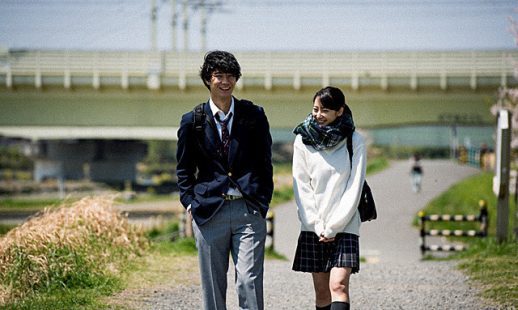
Toshimi Watanabe gives a very natural performance as the struggling dad who tries to balance his schedule with the making of the proper bento, while Rena Tanaka as Midori is also convincing as the frustrated, but patient schoolgirl. Their interactions, most of which occur through notes, is quite funny, and one of the best assets of the film.
“Dad's Lunch Box” is an easy to watch movie, which introduces the whole bento concept in the most delightful way.



